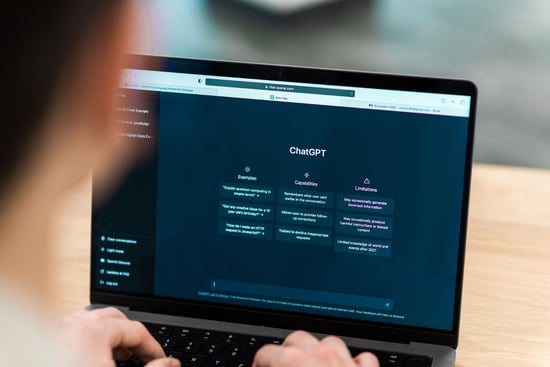Canadian news publishers suing ChatGPT developer OpenAI - New Legal Battle Begins
A coalition of Canadian news publishers has taken legal action against OpenAI for allegedly using news content without permission to train its ChatGPT generative artificial intelligence system. The publishers accuse the company of violating copyright laws by scraping content from media websites.
The coalition, which includes prominent media outlets such as The Canadian Press, Torstar, The Globe and Mail, Postmedia, and CBC/Radio-Canada, claims that OpenAI is profiting from their content without compensating the rightful owners. They argue that their investment in journalism entitles them to copyright protection.

Concerns over Intellectual Property
In a statement released on Friday, the coalition emphasized the importance of respecting intellectual property rights in the digital age. While acknowledging the benefits of technological advancements, they insist that all parties must adhere to legal standards when using content.

News publishers assert that generative AI, like ChatGPT, relies on extensive data for training purposes. OpenAI maintains that its models are trained on publicly available data and operate within the boundaries of fair use and international copyright laws.
Legal Action and Demands
In the lawsuit filed in an Ontario court, the coalition seeks damages to be determined in court, with suggested statutory damages of $20,000 per work. Additionally, they request an injunction to prevent OpenAI from further using their news content, citing ongoing unauthorized misappropriation.
The legal battle in Canada mirrors similar actions in the United States, where entities like The New York Times have taken issue with OpenAI and other tech giants over content usage.
Implications for AI Regulation
Experts view the Canadian lawsuit as a significant development in shaping regulations around artificial intelligence and copyright. The outcome could influence how AI systems gather and utilize data in the future.

The Canadian government is currently evaluating revisions to copyright laws to address the challenges posed by generative AI. Stakeholders from both the media and tech sectors are advocating for clear guidelines to govern the use of copyrighted material for AI training.
Government Response and Industry Impact
In response to emerging concerns, the Canadian government passed the Online News Act in 2023, mandating tech giants like Google and Meta to compensate news publishers for content use. The legal battle with OpenAI underscores the need for updated legislation in the AI domain.
As the legal proceedings unfold, industry organizations and policymakers are emphasizing the urgency of establishing a regulatory framework that balances innovation with intellectual property rights. The evolving landscape of AI technology necessitates proactive measures to address copyright issues and promote ethical AI practices.
This report by The Canadian Press was first published on Nov. 29, 2024.




















